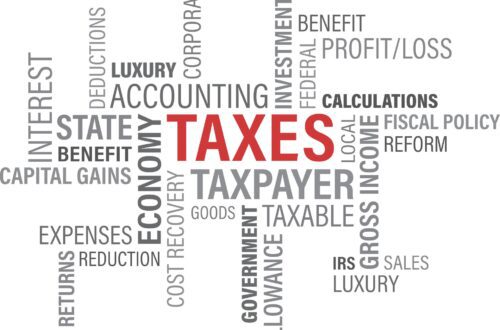Bankruptcy law provides individuals and businesses a way to obtain relief from debts by forgiving them or providing them with a repayment plan. It also allows them to keep assets that they otherwise would lose.
Chapter 7 involves liquidating or selling assets to pay creditors. Only individuals qualify for this option, and certain types of debt are not discharged, such as recent tax debt.
Contents
Debt Discharge
A bankruptcy discharge eliminates your liability for most debts. A trustee is appointed by the court to seize your property, convert it to money and pay off creditors. Certain personal items and real property can be kept. In Chapter 7 bankruptcy, the trustee will dispose of nonexempt assets.
The court will send a copy of the order to your attorney and all the creditors on your petition. The notice of discharge prohibits creditors from trying to collect the debt. However, there are some exceptions.
For example, Congress has determined that some types of student loans and tax debts cannot be discharged. The judge may also deny your discharge if you committed fraud or concealment during your bankruptcy case or if the trustee determines that you used the proceeds from the sale of assets for illegal purposes. You can access the court’s discharge order through PACER, a system that allows parties to obtain electronic copies of documents filed with the court.
Reaffirmation of Debt
When a debtor wishes to retain a piece of collateral, such as a car, they can opt for a reaffirmation. The process involves entering into a contract to re-assume personal liability for a mortgage or car loan discharged in bankruptcy. This overrides the default and keeps the debtor liable for the debt after the court closes their case.
This is a bad idea for most people. If you fail to make payments, the creditor may take the car and sell it for less than what is owed on the debt. Moreover, if you are behind on the amount of a reaffirmed debt, it is not uncommon for creditors to require that you bring the account current before agreeing to a reaffirmation agreement.
If you are considering reaffirming a debt, it is imperative to have a skilled bankruptcy Maryland lawyer help you negotiate a favorable contract. Please include proper disclosures to avoid the reaffirmation being invalidated by the court.
Collateral or Mortgaged Property
Certain obligations are backed by collateral, and creditors can enforce rights against that property in bankruptcy. In some countries, the collateral is a legal mortgage; in others, it may be an equitable lien or trust deed. The security interest holder must “perfect” it to enforce it against third parties, including the trustee in bankruptcy and other secured creditors.
Bankruptcy law provides for liquidating a debtor’s nonexempt property to pay creditors. It also allows individuals and organizations to repay nondischargeable debts over time, such as spousal or child support and most taxes. Generally, a debtor must surrender all property with value to a trustee who will sell it and distribute the proceeds to creditors. A Chapter 7 case involves the orderly liquidation of a business and its assets and the liquidation of personal property, such as vehicles and furniture, to pay creditors. Generally, this type of bankruptcy is available only to debtors with income below the median for their state.
Filing for Bankruptcy
Often, a major life event can put you in dire financial circumstances. Divorce, unanticipated medical expenses and excessive credit card use are among the most common reasons people file for bankruptcy.
The bankruptcy process is a legal procedure that allows debtors to discharge or eliminate certain types of debts and helps creditors receive payment on any assets they own. Creditors are prohibited from contacting, calling or emailing debtors about debts discharged or eliminated by the court.
Chapter 7 and Chapter 13 are available to individuals. The Chapter 13 bankruptcy code allows for the reduction or cancellation of certain debts. It establishes a repayment schedule on non-dischargeable obligations such as secured debts (debt secured by real estate, personal property or vehicles) over three to five years. A debtor must attend a prefiling and post-filing credit counseling course before filing.






